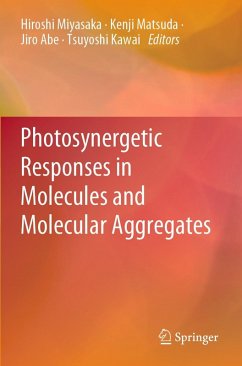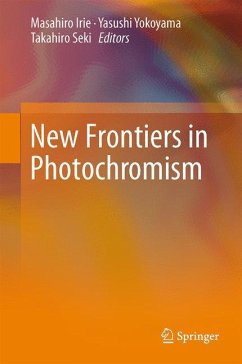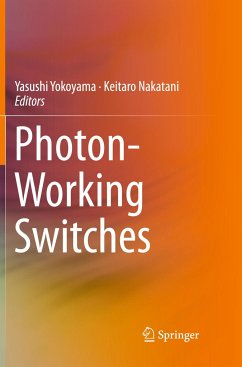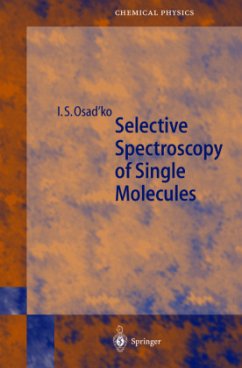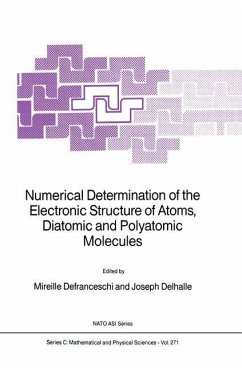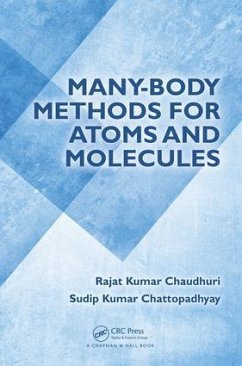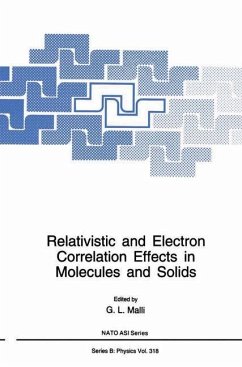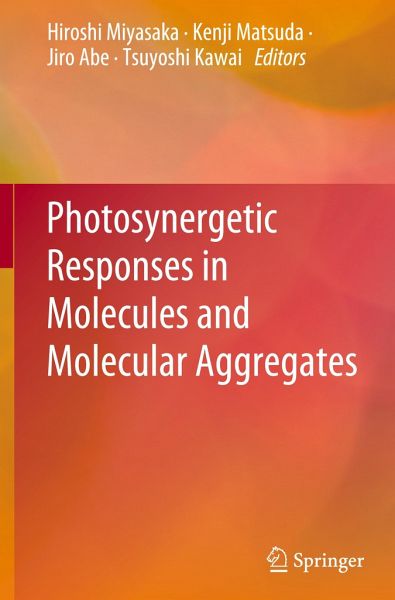
Photosynergetic Responses in Molecules and Molecular Aggregates

PAYBACK Punkte
75 °P sammeln!
This book compiles the accomplishments of the recent research project on photochemistry "Photosynergetics", supported by the Ministry of Education, Culture, Sports, Science and Technology of Japan, aiming to develop and elucidate new methods and molecules leading to advanced utilization of photo-energies. Topics include photochemical responses induced by multiple excitation, multiphoton absorption, strong modulation of electronic states, developments of new photofunctional molecules, mesoscopic actuations induced by photoexcitation, and novel photoresponses in molecules and molecular assemblie...
This book compiles the accomplishments of the recent research project on photochemistry "Photosynergetics", supported by the Ministry of Education, Culture, Sports, Science and Technology of Japan, aiming to develop and elucidate new methods and molecules leading to advanced utilization of photo-energies. Topics include photochemical responses induced by multiple excitation, multiphoton absorption, strong modulation of electronic states, developments of new photofunctional molecules, mesoscopic actuations induced by photoexcitation, and novel photoresponses in molecules and molecular assemblies. The authors stress that these approaches based on the synergetic interaction among many photons and many molecules enable the expansion of the accessibility to specific electronic states. As well, they explain how the development of reaction sequences and molecules/molecular assemblies ensure "additivity" and "integration" without loss of the photon energy, leading to new photoresponsive assemblies in meso- and macroscopic scales.





